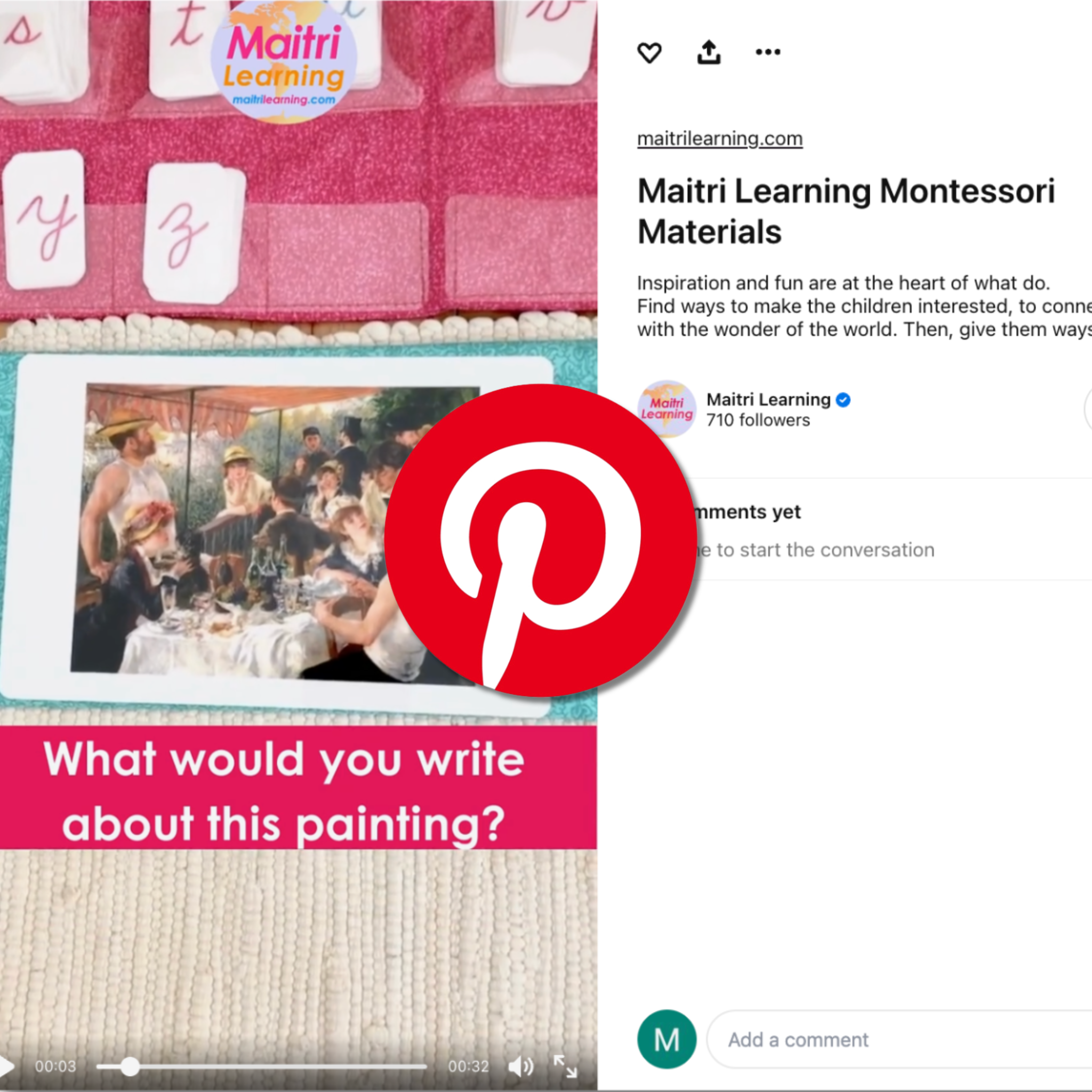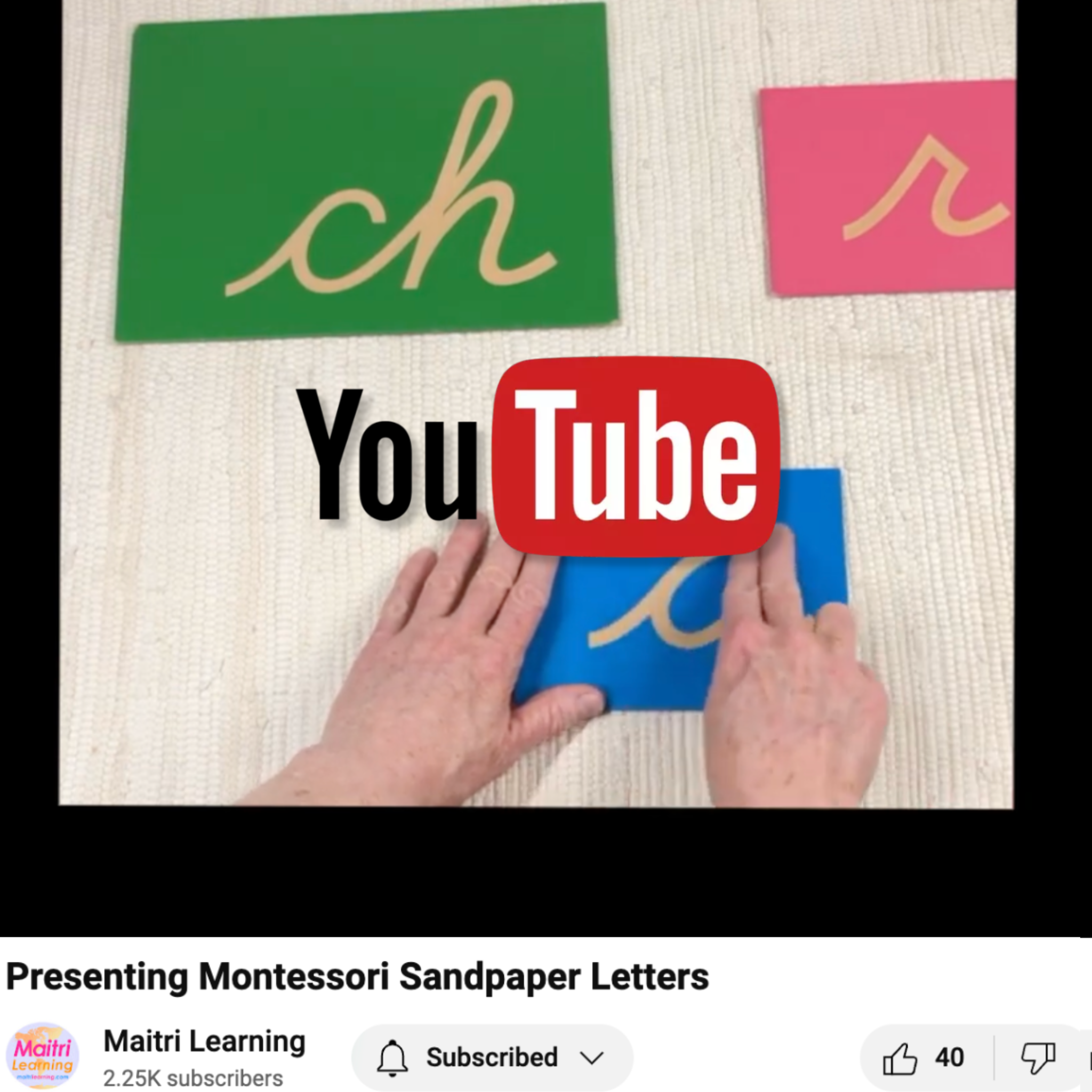Autism, Music & Letter Sounds

Question:
I wanted to ask your thoughts on this because I am a total research mom nerd and found some interesting research. The good Lord did not gift me with the mental capacity for in depth neuroscience work but I do love reading about it!! :)
So, this research (I discovered in a TED talk by Joy Hirsch) basically shows that children with autism process spoken language differently than typically developing peers, but when music is played it seems they process it the same.
Do you think that this could mean, if my son isn’t understanding letter sounds when I’m teaching them (spoken language with Ispy) I could possibly make a song about the sounds and he may retain it better? I’m excited about this possibility because it feels like I may have found the key to connecting the dots for him. But we will see.
This research is a bit dated so I’m interested to know if you’ve heard of anything more recent.
Here’s a link to a short summary of the research
https://www.cuimc.columbia.
And the Ted talk
Thank you!
Answer:
Music can be a powerful intervention for children with autism. Good for you for sleuthing this out! (Clearly, the comment you make minimizing your own capacity is inaccurate!) Here is another paper that goes into more detail if you're interested and one that has more recent results. These papers look at playing music in the background while you are doing something else. Have you tried that? There is also a current review of the research that clarifies the lack of really solid studies on this topic but gives guidance for future researchers. In sum, there is a growing body of research on this topic that seems optimistic. However, the evidence base is still too small to make global recommendations.
Directly engaging in music may also be useful. Singing is very important for helping all children notice the sounds in language and the rhythm of language. Metered poetry is similar. You can also emphasize the articulation/rhythm of fun things you notice together. For example, if you see a grasshopper, say "g-r-a-ss-h-o-pp-er" as if you are singing it. You can sing or try saying it with the meter emphasized (almost like beat boxing but still saying the sounds, just with rhythm). Does that make sense?
As with any child, the key is to notice your child's natural/innate interests and follow those. If, for example, your child is obsessed with Disney, try to use the voice of his favorite Disney character when you speak with him. There are some powerful videos showing one example of this that you might like, if you haven't seen them already. So if your son couldn't care less about the sound game/I spy unless you sing it, then sing your heart out!
I hope this helps. Again, I think your son is very lucky to have such a tenacious mom!








Leave a comment
This site is protected by hCaptcha and the hCaptcha Privacy Policy and Terms of Service apply.